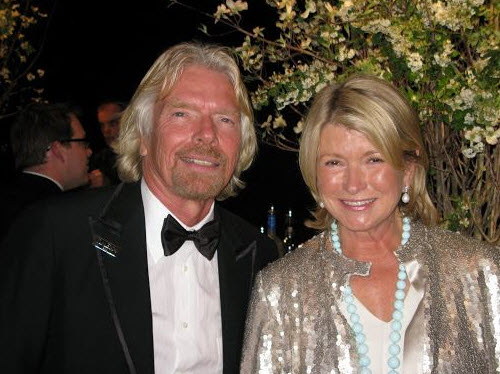Fielding questions about investments is part of our job. Quite often they’re predictable – if an investment or asset class is in the news because it’s been going up we’re likely to be asked about it. Frankly, we’d like to hear those questions because it can potentially save some heartache down the road.
We have seen and heard of situations where an investor decided not to ask their adviser about an investment because they expected to be told it was a bad idea. They’d already made their mind up and didn’t want to be dissuaded. On every occasion considerable sums of money were lost because it was based on a feeling, media heat or… a celebrity endorsement.
Most recently we’ve been questioned about bitcoin because Richard Branson talked of investing in it – it must be a good idea if someone famous is investing in it – right? While we’ve already covered bitcoin it’s an opportune time to speak about celebrity endorsements in the financial realm.
Believe it or not, celebrities are people just like us – even the successful ones. This was laid bare back when well-known US businesswomen and media personality Martha Stewart was charged with insider trading over a decade ago. Ms Stewart was no slouch as a businesswomen – her stake in her own company was worth over a billion at one stage and her personal wealth is still estimated at over half a billion today.
Yet she didn’t get there by trading stocks.

Richard Branson & Martha Stewart
During Ms Stewart’s trial, her portfolio was published as part of evidence. It showed she had common behavioural biases. Particularly loss aversion – just like the average investor Ms Stewart would hold onto stocks long after they’d gone down. Only selling in December when prompted by the end of the US tax year – mental accounting influenced by actual accounting!
Was she a successful investor? On the evidence available – no.
Her share portfolio was worth $4.5 million in June 2000 and by December 2001 it was sitting at $2.5 million. It should be noted this was a red period in the market, but even with that in mind Ms Stewart underperformed the S&P 500 by a wide margin. In fact, of all the shares Ms Stewart sold in December tax season in 2001 the only one she booked a profit on was ImClone – the company she was charged with insider trading over! Given her high status position she also had the privilege of guaranteed access to many IPOs. Several of these afforded Ms Stewart huge gains upwards of 300% on opening day, yet all were eventually sold at a loss.
Famous people are interesting to some people and that’s why the media keeps us up to date with their activities. The problem is it when it comes to their investment choices these media reports give us a disproportionate view of the risk involved. First, most people automatically assume a good businessperson must be a good investor and if they’re discussing investing then it must be worth listening. They then also forget to factor in a million-dollar loss for a person like Martha Stewart or Richard Branson might be equivalent to $100 for the rest of us.
This represents general information only. Before making any financial or investment decisions, we recommend you consult a financial planner to take into account your personal investment objectives, financial situation and individual needs.




